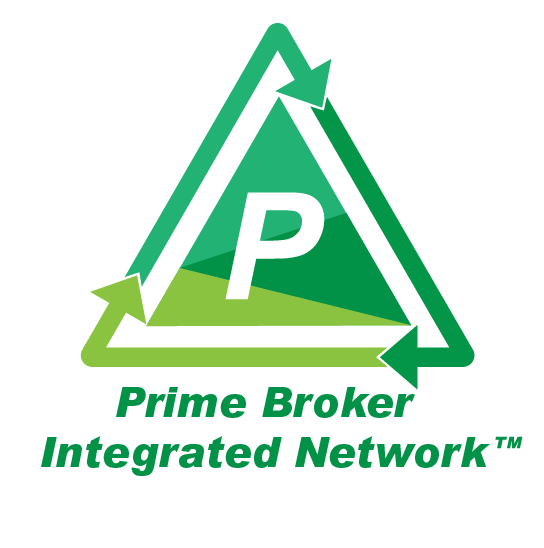Janney Montgomery Scott Hit with $65,000 FINRA Fine Over Municipal Securities Compliance Issues
Janney Montgomery Scott Fined $65,000 by FINRA for Compliance Shortfalls in Municipal Securities
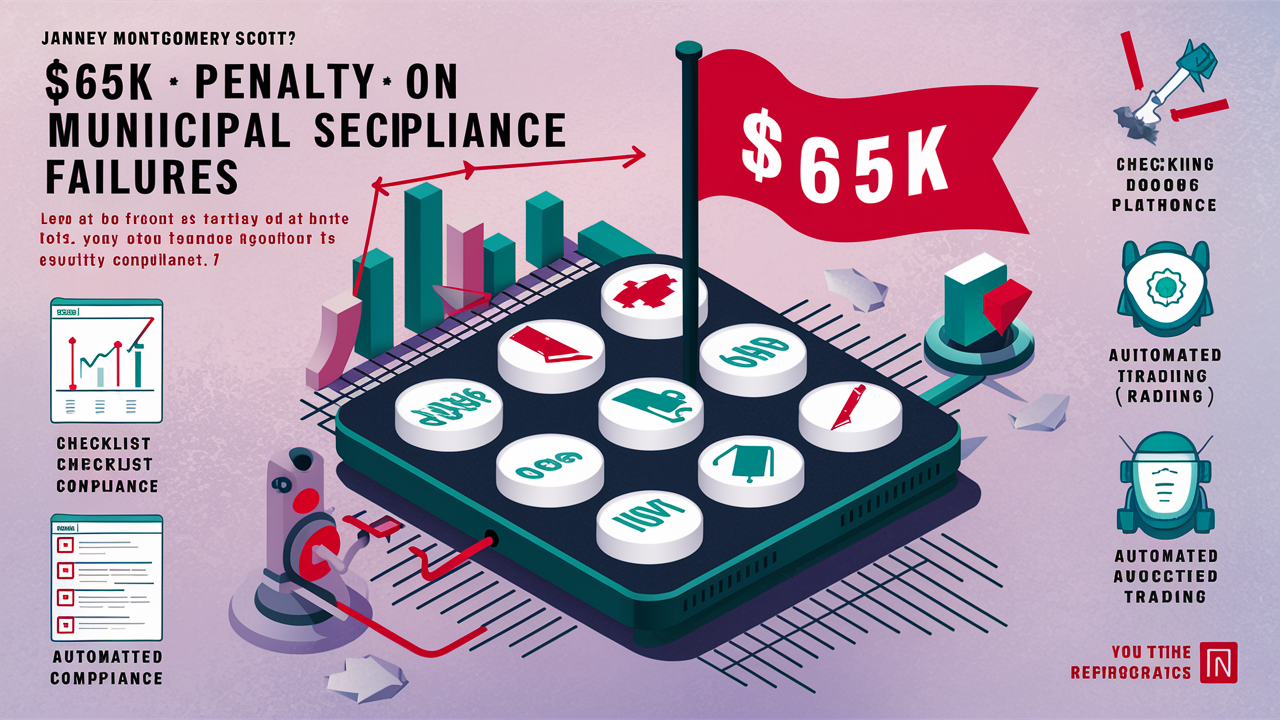 In the realm of finance, compliance is king. Yet, even the best stumble, as seen in the recent tangle Janney Montgomery Scott LLC found itself in. The firm was dinged with a $65,000 fine by the Financial Industry Regulatory Authority (FINRA) for not playing by the rules set for municipal securities transactions. Seems they got tripped up on MSRB Rule G-14, reporting the time of trades a bit off the mark.
In the realm of finance, compliance is king. Yet, even the best stumble, as seen in the recent tangle Janney Montgomery Scott LLC found itself in. The firm was dinged with a $65,000 fine by the Financial Industry Regulatory Authority (FINRA) for not playing by the rules set for municipal securities transactions. Seems they got tripped up on MSRB Rule G-14, reporting the time of trades a bit off the mark.
The Heart of the Matter
MSRB Rule G-14 is no small fry—it’s about keeping the transparency and integrity of the municipal securities market in check. Reporting transactions in real-time (okay, you get a 15-minute window) to the Real-time Transaction Reporting System (RTRS) is a must. Janney Montgomery Scott’s hiccup in getting the timing right on several transactions throws light on how intricate and demanding these regulations can be.
Key Takeaways for the Big Players
For Prime Brokers, Executing Brokers, or Clearing Brokers, this isn’t just another cautionary tale. It’s a loud call for ensuring their operations are tight and right.
For Prime Brokers:
- Risk Management – With a heavy load of transactions, the risk of slip-ups in trade timings can be costly. Adopting advanced compliance technologies can ward off potential fines.
- Client Confidence – Keeping in line with regulations like MSRB Rule G-14 also means maintaining the trust of your clients. Any hint of regulatory missteps under your watch could send them looking for other prime brokers who have their compliance game strong.
For Executing or Clearing Brokers:
- Operational Efficiency – Efficiency is not just about speed but accuracy in reporting. Ensuring seamless integration with systems like the RTRS can make compliance less of a hurdle.
- Reputation – A reputation for rigorous compliance can become one of your strongest marketing points. It speaks volumes about your dedication to transparency and integrity.
The Role of Tech Solutions
Enter stage left, platforms like Loffa Interactive Group’s Prime Broker Interactive Network (PBIN). These solutions are nothing short of a knight in shining armor for brokers drowning in compliance requirements. By automating key processes and ensuring meticulous record-keeping, they drastically cut down the chances of compliance slip-ups, making them a vital ally in the murky waters of financial regulations.
Embrace the Future
Janney Montgomery Scott’s misstep is a nudge for financial institutions to fortify their compliance frameworks with smart technology. Leveraging the expertise and solutions from pioneers like Loffa Interactive not only helps in navigating the complex regulatory landscape but also in holding the fort in transparency and compliance, crucial in the realm of municipal securities.
In essence, this incident isn’t just about a fine; it’s a wake-up call for all involved in the bustling world of municipal securities. Investing in tech and tightening the compliance gears is not optional but essential for steering clear of regulatory hiccups and fostering a more transparent, efficient, and compliant municipal securities market.
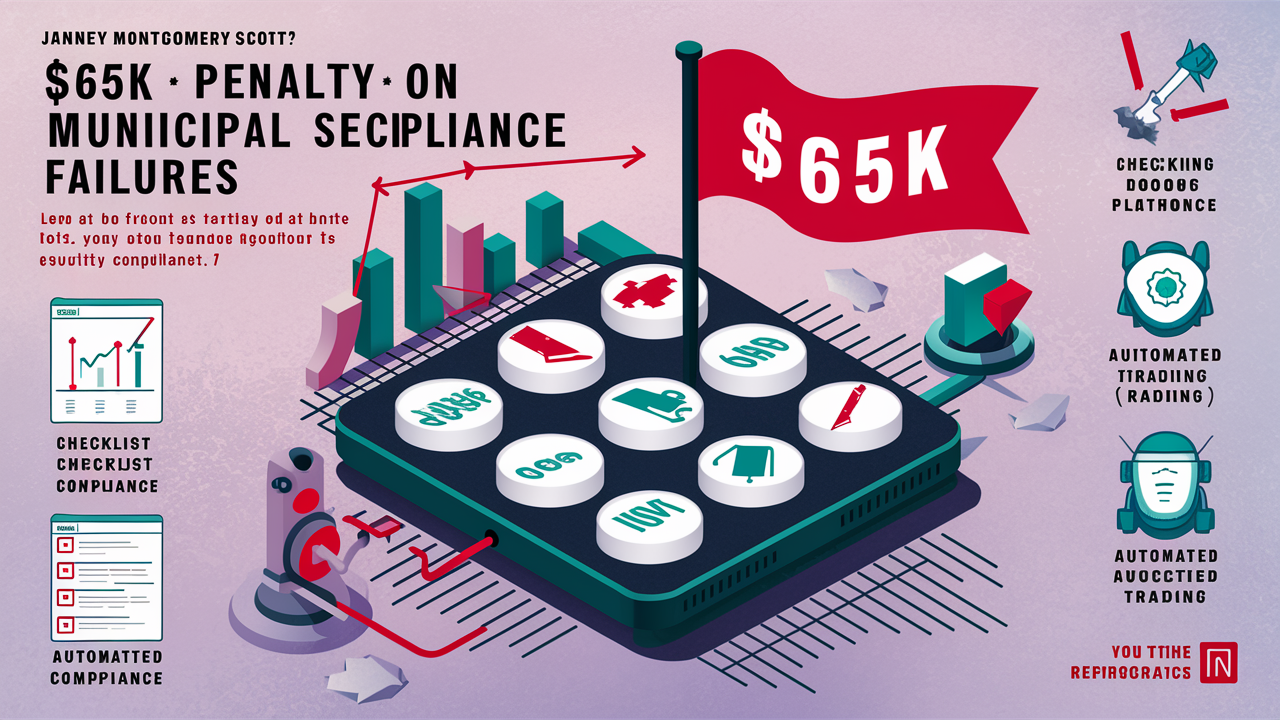
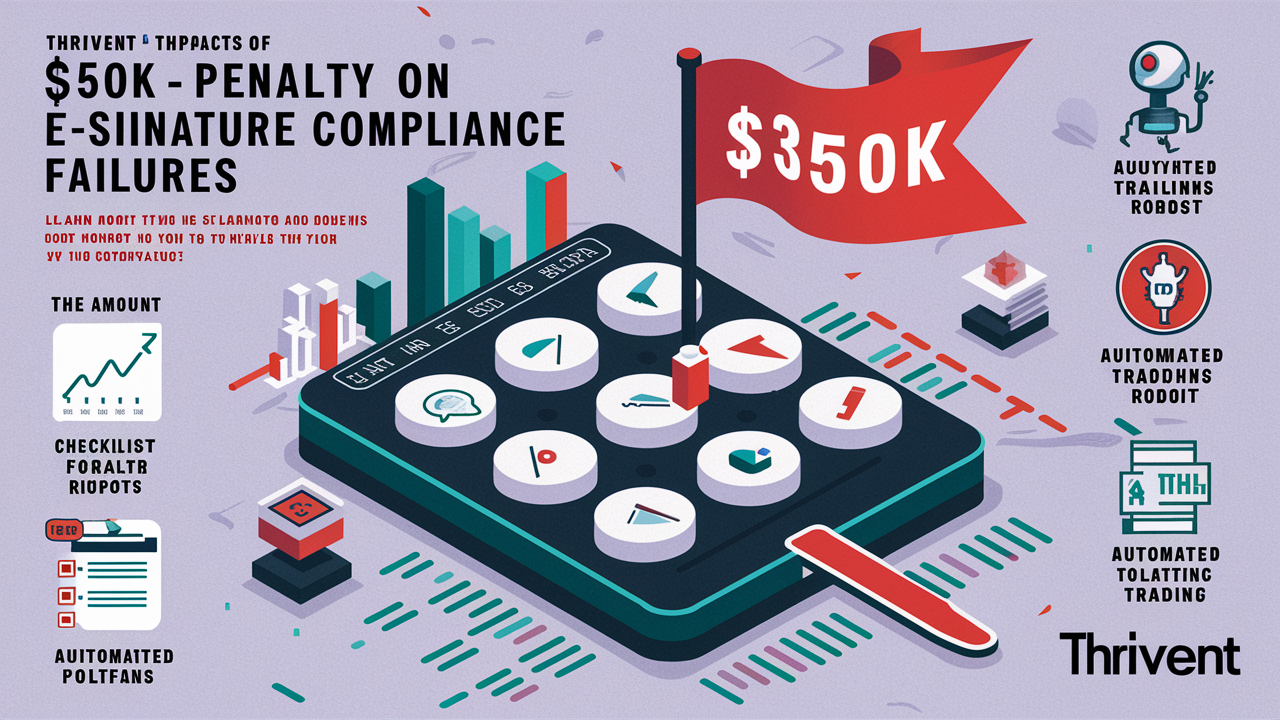
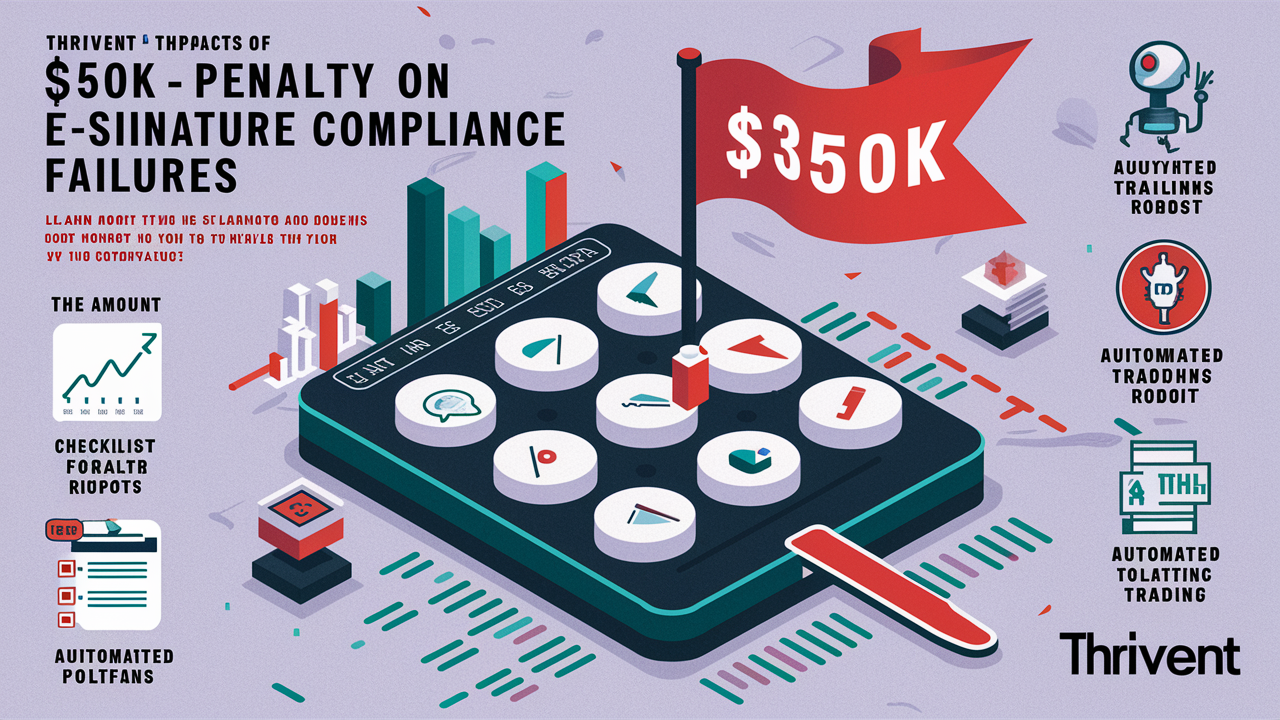 In the dynamic world of financial regulations, the $325,000 penalty that FINRA levied against Thrivent Investment Management Inc. is much more than a headline—it’s a cautionary tale. This saga, arising from alleged e-signature forgeries by a representative, shines a stark spotlight on the critical need for meticulous compliance mechanisms, particularly around electronic transactions.
In the dynamic world of financial regulations, the $325,000 penalty that FINRA levied against Thrivent Investment Management Inc. is much more than a headline—it’s a cautionary tale. This saga, arising from alleged e-signature forgeries by a representative, shines a stark spotlight on the critical need for meticulous compliance mechanisms, particularly around electronic transactions. For Executing and Clearing Brokers, the seamless operation of PBIN translates to more than operational efficiency. It ensures the integrity of every transaction and agreement, making compliance a byproduct of their daily operations rather than a burdensome checklist. PBIN stands as a bulwark against the complexities and ever-evolving demands of financial regulations.
For Executing and Clearing Brokers, the seamless operation of PBIN translates to more than operational efficiency. It ensures the integrity of every transaction and agreement, making compliance a byproduct of their daily operations rather than a burdensome checklist. PBIN stands as a bulwark against the complexities and ever-evolving demands of financial regulations.
 In an era where the regulations governing financial markets are under constant scrutiny and evolution, a recent move by the Financial Industry Regulatory Authority (FINRA) sets a new precedent. The enforcement action against Jeffrey Matthews Financial Group for unfair bond pricing dynamics sends a signal loud and clear: the landscape of regulatory compliance is shifting rapidly.
In an era where the regulations governing financial markets are under constant scrutiny and evolution, a recent move by the Financial Industry Regulatory Authority (FINRA) sets a new precedent. The enforcement action against Jeffrey Matthews Financial Group for unfair bond pricing dynamics sends a signal loud and clear: the landscape of regulatory compliance is shifting rapidly.